After the First Year
So—you finished your first year of biblical Greek—congratulations! You are part of the few, the proud, the elite, who survived Greek! You learned dozens of vocab words, you tackled participles and contract verbs, you learned words like “pluperfect” and “optative.”
It’s summer time, so maybe you are taking a well-deserved break to catch your breath and get some sleep. But you might also be wondering, what’s next? How do I build on and develop what I’ve learned?
I want to offer some resources and recommendations.
Greek New Testament
First things first, you need a good Greek New Testament. There are all kinds of options out there, but I like the UBS (5th ed.) Reader’s Edition. It’s basically a Greek NT with vocabulary helps for less common words. No English Bible translation, only the vocab helps and a small Greek-English dictionary in the back.
If you are looking for an Interlinear, this one presents the whole Greek and whole English text together (English NRSV).
My friend Dr. Daniel Eng has developed a Greek Bible with wide margins so the reader can write in their translation draft and any notes they want to record.
Lexicons
You need a good lexicon, so you can look up words. I recommend getting Accordance Software or Logos, and you can get good deals on digital versions of the best lexicons. The standard is “BDAG,” but at ~$150 the print version is pricey.
There is also a “concise" version of BDAG that is about 1/3 of the price.
Intermediate Grammars
A solid next-level grammar is Mathewson and Emig.
There is also “Wallace,” which is a classic. (I learned syntax from Wallace.)
Greek “Readers”
After you study Greek grammar and syntax, the best thing to do to develop your skills is to work through a “graded reader,” a resource that walks you through real (lengthy) Greek texts that start off easy (like 1 John) and progressively get more difficult (like Hebrews).
I’ll present some options in no particular order:
This one offers a wide selection of texts including the Septuagint.
This one is meant to help students who learned from Croy’s grammar. (I teach from Croy.)
This one includes several non-Jewish/non-Christian texts.
If you want to get into Patristic material, check this out:
Guess what? I edited my own Greek reader, basing it on Galatians and “related” texts like the Septuagint texts quoted in Galatians, and the James 2 passage parallel to Galatians 2. It also includes selections from Marcion (his theoretical version of Galatians) and a snippet from Chrysostom (from his homilies on Galatians).
The best part: This reader is completely FREE :) CLICK HERE,
Daily Greek Exercises
Hendrickson has produced a nice resource that keeps you in Greek every day: Keep Up Your Biblical Greek in Two Minutes: 365 Selections for Easy Review.
The Latest Critical Discussions
If you want to dig into the latest academic discussions about Biblical Greek, this is a handy resource.
Hope you found this helpful! Let me know in the comments if you want a post like this on Hebrew resources.




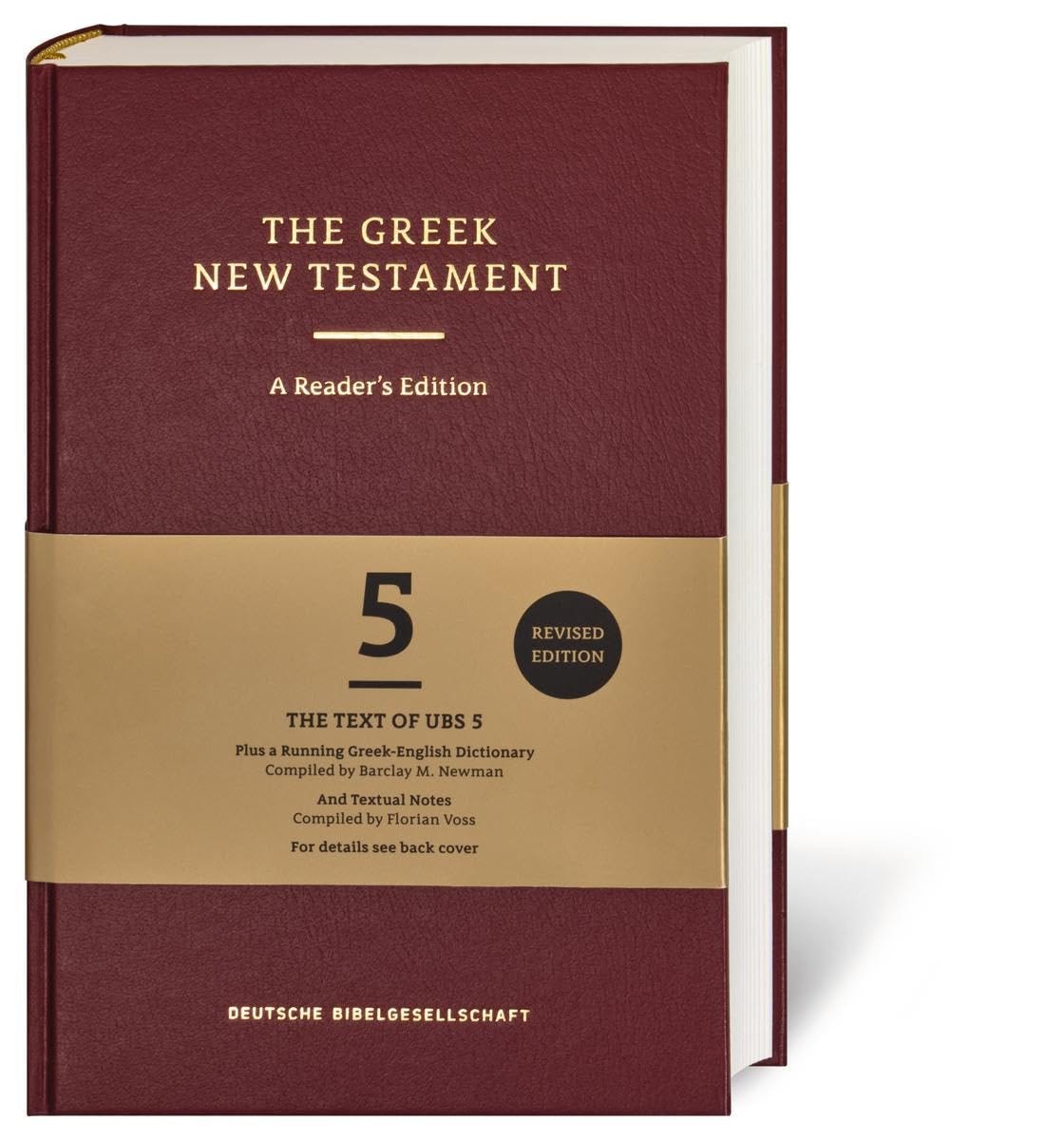




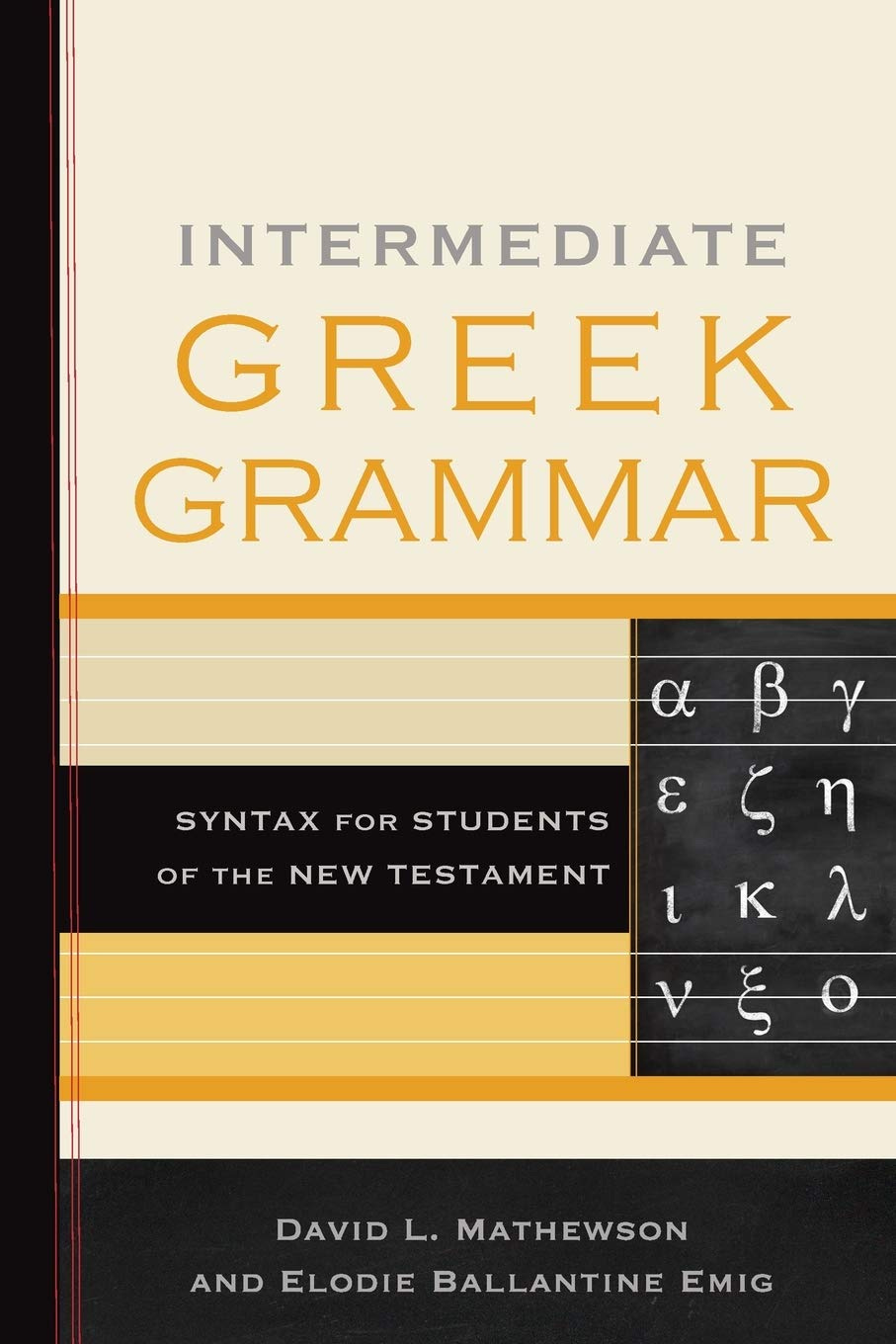

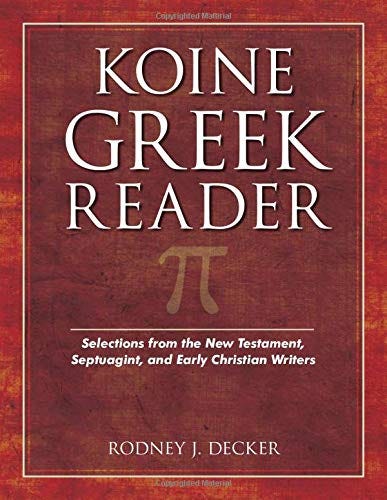
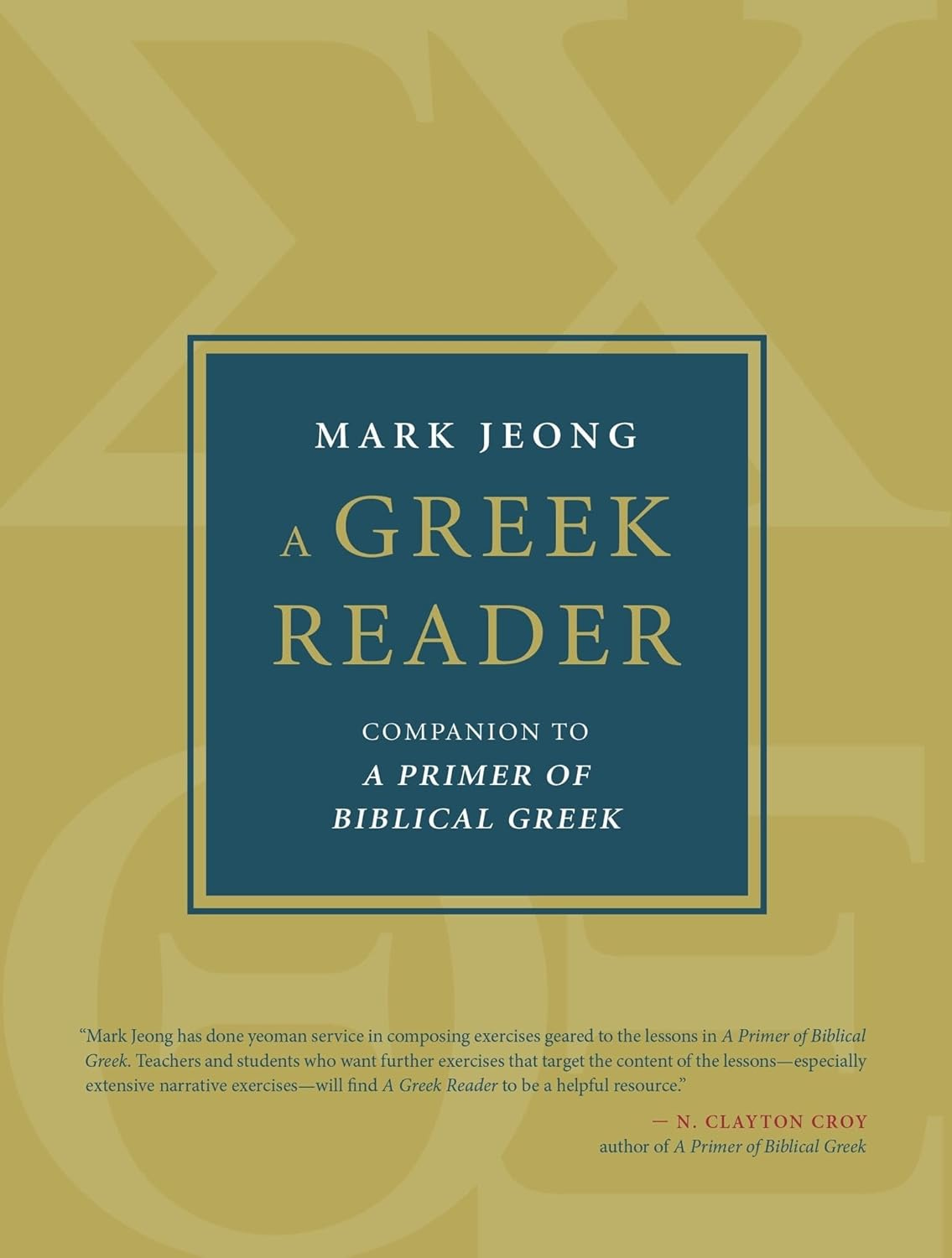
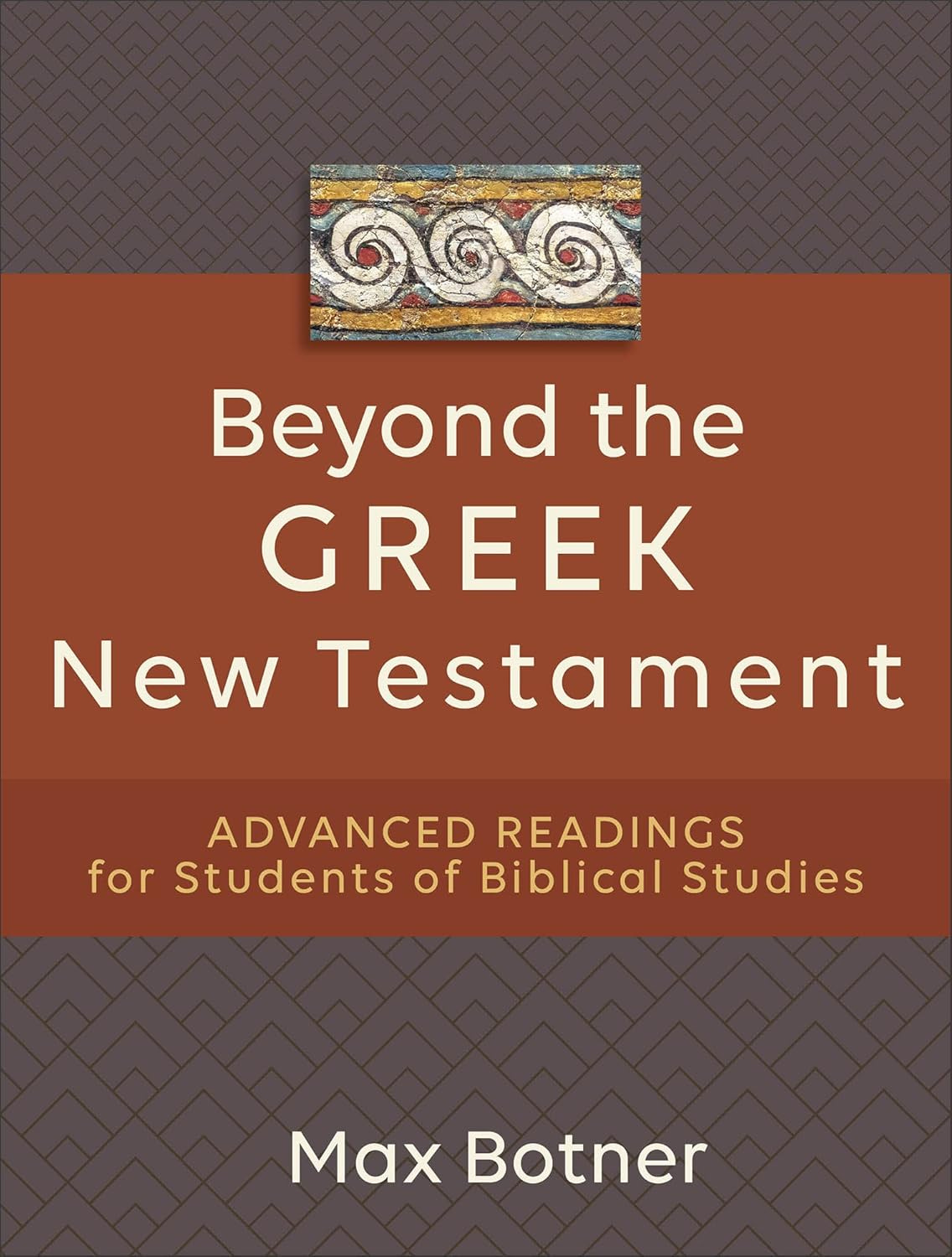

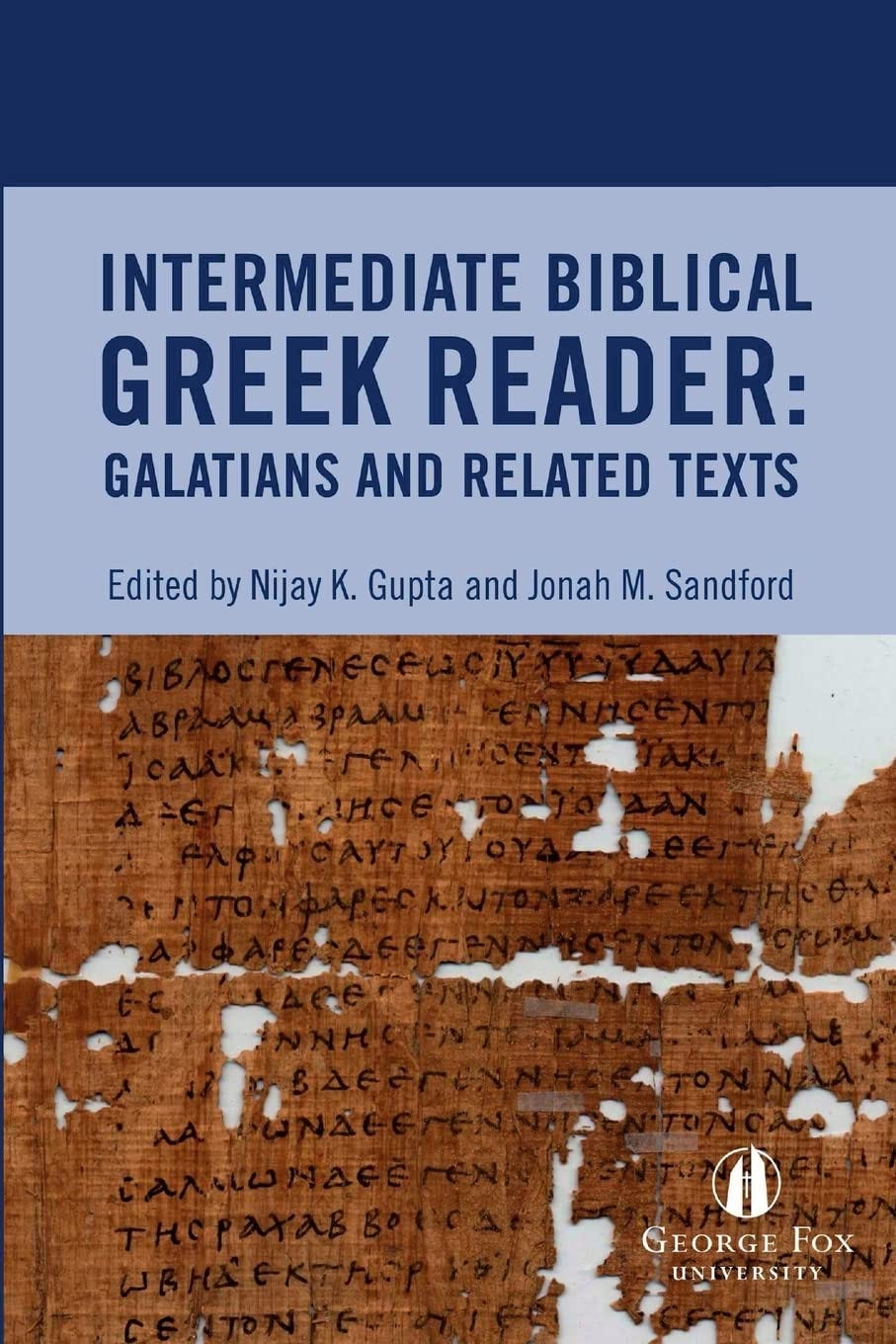
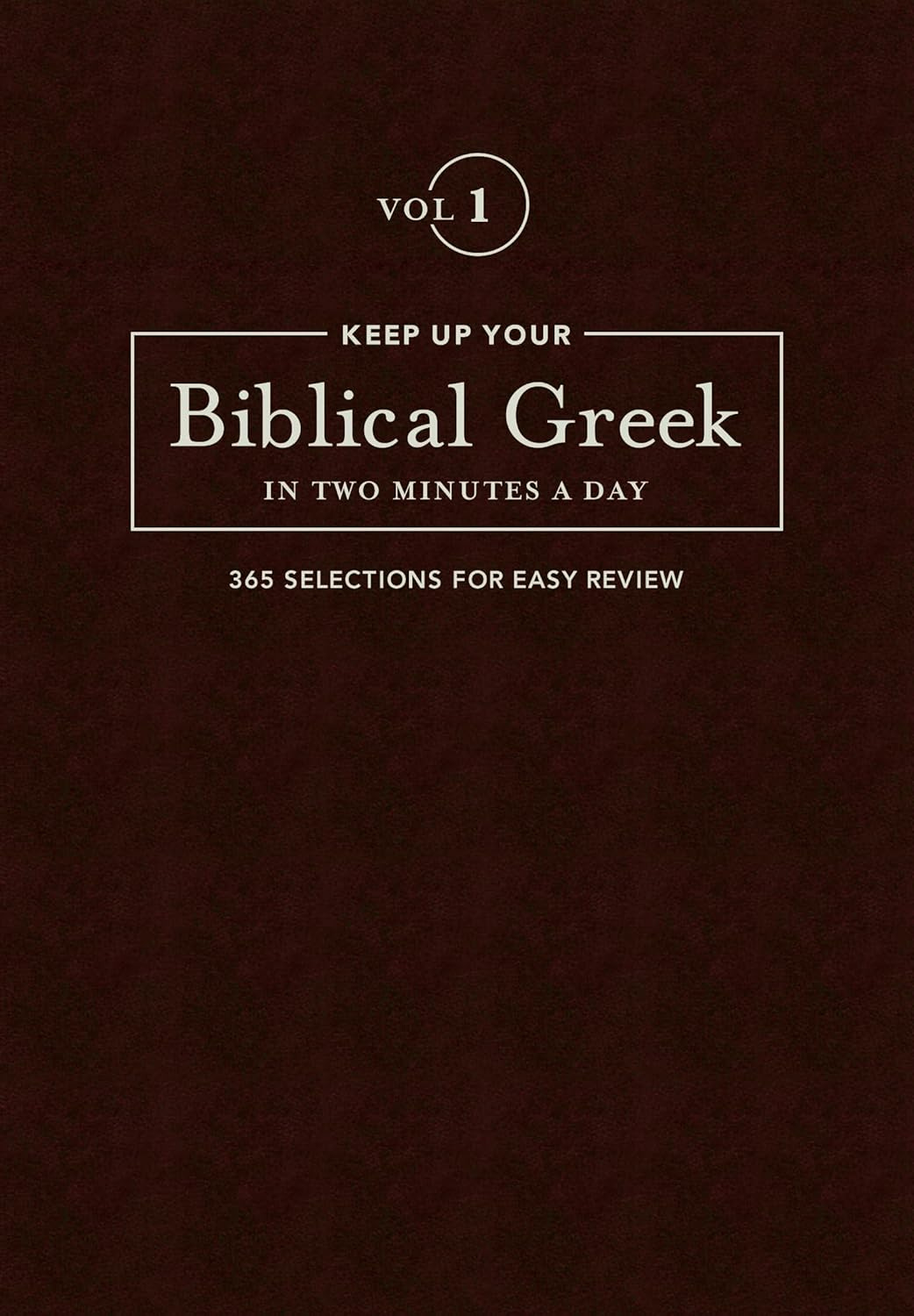

Thank you for this!! Also, can you please remind me of the app many of your students have used to learn or improve their Greek?
Very helpful! I know you’re New Testament scholar, but I wish someone would do this for studying biblical Hebrew.